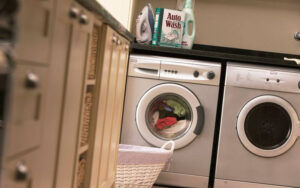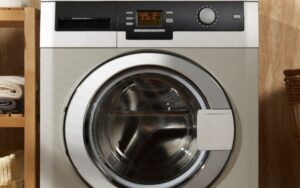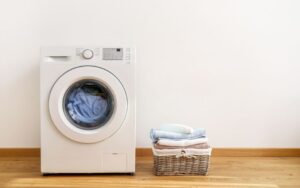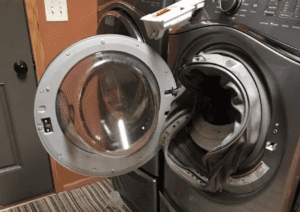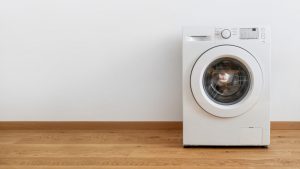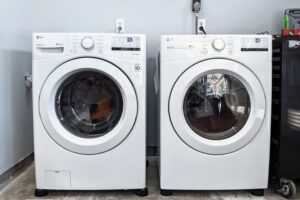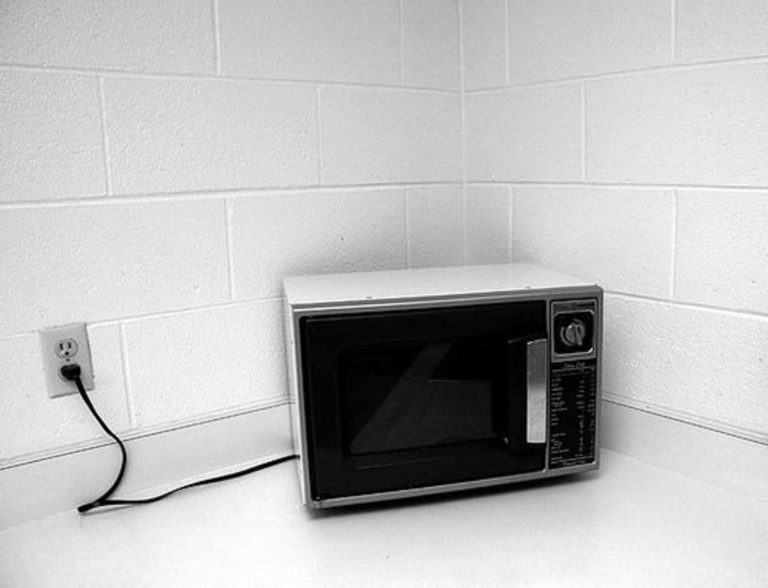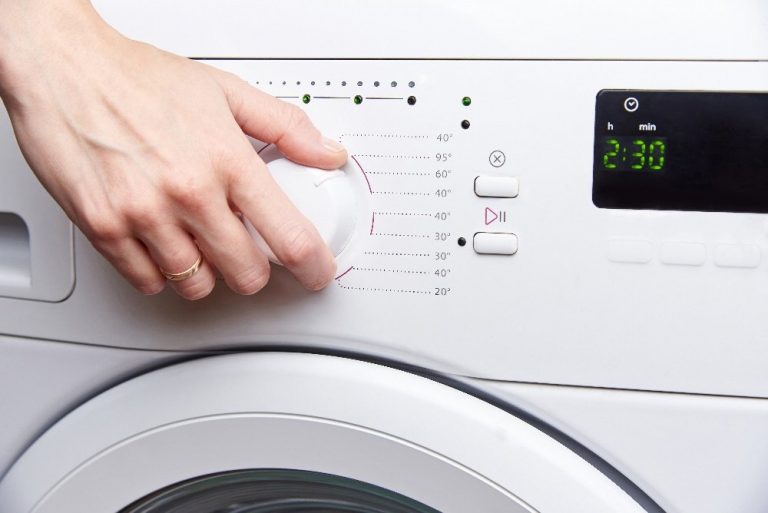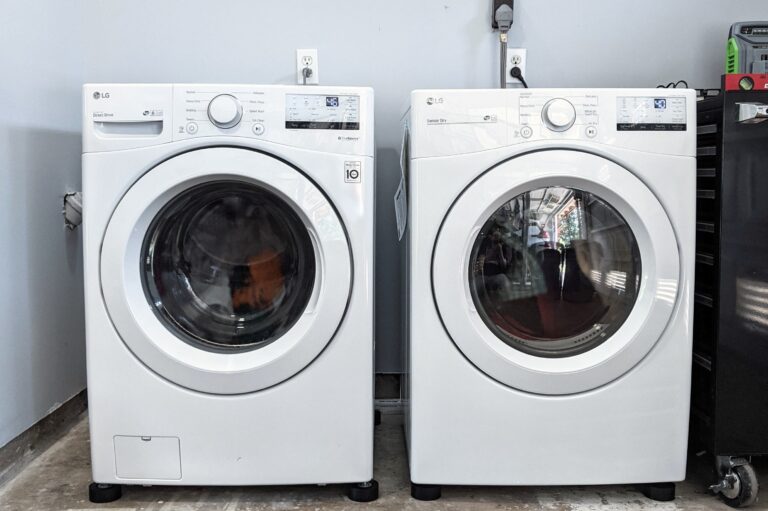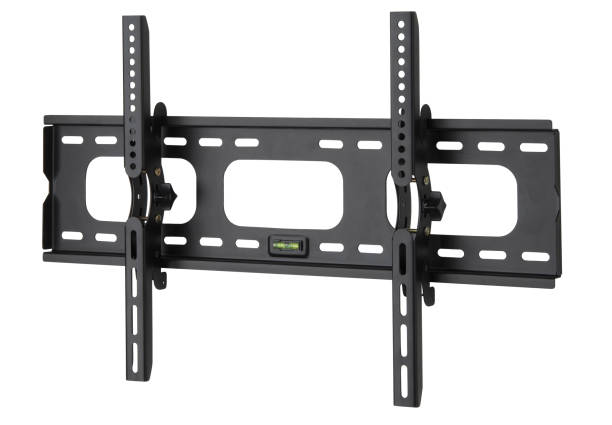Can A Washing Machine Get Rained On? (5 Steps To Protect)
Washing machines are one of the most common household equipment in the United States.
They are time-saving and relieve you from the stress and worry of laundry.
However, is it a good idea for those people lacking space within their houses and planning to move their washing machines outside?
If you are looking for an answer to this question, look no more, as you’re in luck.
Your washing machine can get rained on if you put it outside where rain can access it. However, this is bad as it causes damage that can lead to malfunction. Even if the damages are repairable, you will have to spend a lot of money fixing them.
This article will take you through the effects of rainwater on your washing machine and the best places to keep your washing machine.
You’ll also learn how to protect it from rain. Read on to know more.
Does Rain Damage a Washing Machine?
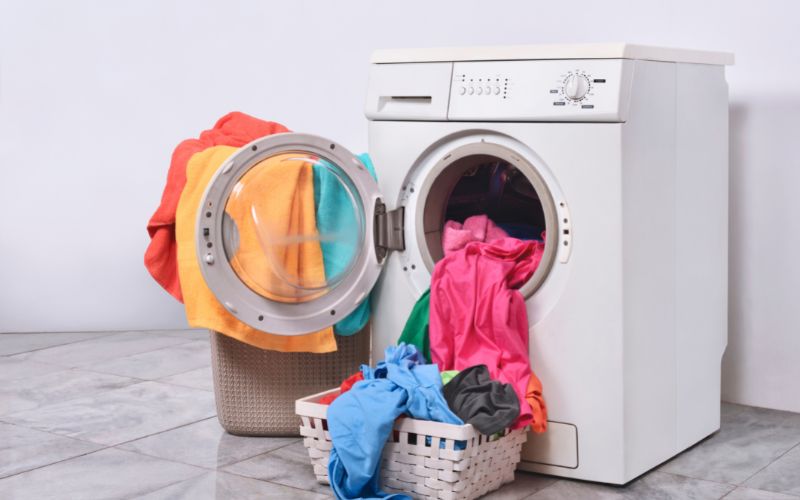
Rain will damage your washing machine. It is unwise to keep your washing machine outside.
The manufacturers of your washing machine did not design it for exposure to the weather.
Exposure to Ultraviolet (UV) rays may lead to fading of the shell of the washing machine.
However, its exposure to moist weather can lead to the worst problems for the machine.
Many washing machine owners think exposure to rain won’t affect their machines. That notion is because of the water that collects in the fridge with use.
However, the reality is that the water that fills the machine whenever you use it is confined to the water-proof parts.
When your washing machine is in use, the water goes to the drum, a specialized compartment in the machine.
For the water to get into the drum, it goes through a specialized pipe.
This mechanism shows a predesignated path for water to get into the compartment where it should be. Every other place might be sensitive to water.
When rain falls on your washing machine, some damage is inevitable.
The reason is that the interiors of the washing machine contain sensitive electronic elements. These elements include the control panel and the motor.
When rain falls on them, it damages them and causes your washing machine to either malfunction or cease functioning.
Usually, the final judgment is left to a professional repairer to check whether a washing machine will still function or not after getting rained on.
Can a Washing Machine Get Wet?
Yes, a washing machine can get wet. Wetness can be in any form. It could be mild wetness like moisture or dense.
The water source determines the degree of wetness. While washing, some water drops may occasionally collect on the machine’s surface.
These water drops might accumulate after some time. However, they are usually minimal and have little effect on the machine’s working. That is soft wetness.
You can quickly resolve soft wetness by cleaning the water drops on the machine’s surface and preventing them from entering the washing machine’s interior parts.
On the other hand, heavy wetness can be due to rainwater and heavy floods. The consequences of heavy wetness are usually extreme.
Heavy wetness can lead to the total shutdown of the functionality of your washing machine. However, exposure to rainwater can still be successfully salvaged.
With some technical experience, you can resolve some technical issues caused by rainwater. A good tip is to seek out a professional to check things out.
However, ensure that the washing machine remains off until the water in the compartment housing the electronics is thoroughly dried.
Heavy wetness caused by heavy floods can barely be salvaged. Heavy floods lead to the destruction of the electronic components of the washing machine.
Furthermore, the only available option is to discard the washing machine and get another one. There are hardly any other options.
Should You Leave Your Washing Machine Outside?
It would be best if you didn’t leave your washing machine outside. This advice is proper for every electronic appliance.
It is vital to keep your washing machine away from sunlight and rain.
This practice helps to keep washing machines’ lifespans intact, and you will be able to make better and longer use of them.
When you leave your electronic appliances outside, they are subject to various weather conditions, which affect their efficiency.
Some washing machines can withstand natural elements. However, it is better to tread carefully and not expose them to extreme conditions.
A washing machine left outside in an environment with freezing temperatures is prone to problems like cracking valves, water pumps, drain lines, and pipes.
UV radiation has a lot of effects on your washing machine. UV radiations cause washing machines to age faster and reduce their efficiency.
The reason for this is that UV radiation causes the breakdown of matter over time.
The breakdown of matter caused by UV radiations affects the special coating given to metal-bodied washing machines.
Due to exposure, the special coating would only protect the machine for a short time.
Additionally, washing machines colored white begin to get yellow after some time.
When your washing machine loses its special coating, it loses its protection.
Whenever a part of the body gets scratched, a bit of that part gets exposed to water.
When water gets into the washing machine, it begins to rust inside. Since washing machines are not water-proof, that could lead to further problems for you.
Your metal-bodied washing machine becomes vulnerable when water gets into the electronics of the front panel. This vulnerability leads to shocks, shorts, and fires.
5 Ways to Protect Your Washing Machine from Rain
Keeping your washing machine from external weather conditions like rain and sunlight is essential, which can shorten its lifespan.
The following are ways in which you can protect your washing machine from rain:
- Using a washing machine cover
- Plastics and Tarps
- Having a washing machine shelter
- High elevation
- Canopies
#1. Washing Machine Covers
A washing machine cover is easily one good way to protect your machine from weather conditions.
They are breathable, which means they can allow moisture to escape.
The machine covers come in different types and sizes, so you can quickly get one that fits your washing machine in the market.
#2. Plastics and Tarps
Plastic covers and tarps are another way to protect your wash machine. They are the most commonly used materials for washing machine protection.
However, the downside to using plastic covers and tarps is that these materials are not breathable.
This quality means they will trap moisture under them, eventually breeding microorganisms.
Here are some differences between using a washing machine cover and using plastic & tarps:
| Washing Machine Cover | Plastics and Tarps |
|---|---|
| They are relatively more expensive. | They are quite cheap to access. |
| They are of better quality and are more durable. | They are less durable. |
| They are breathable and allow the escape of moisture. | They are not durable and do not allow the escape of moisture. |
| They do not breed microorganisms. | They breed microorganisms. |
#3. A Washing Machine Shelter
Installing a washing machine shelter is another effective way to protect your washing machine from rain and other weather conditions.
Shelters also protect the machine from dust and keep it clean. However, to do this, you must be careful with the installation process.
The material you use should be durable and weather-resistant.
#4. High Elevation
Keeping your washing machine elevated is a great way to protect it from flooding.
This practice is especially true for people who live in environments that experience lots of rain. You can elevate the machine by placing it on a platform.
This process will ensure that your washing machine is safe from water during flooding, which may cause damage.
#5. A Canopy
If you don’t want to buy a washing machine cover for your machine, another alternative is to cover the machine with a canopy.
A canopy can protect your washing machine from rain and the sun.
Although, it won’t do much to protect the machine from winds that may precede rain.
FAQs
#1. Can I Keep My Washing Machine in the Garage?
Yes, you can keep your washing machine in the garage. However, place it on a wooden pallet to prevent condensation from forming on the underside, which may lead to rusting.
#2. Should I Unplug My Washing Machine When It Floods?
You should unplug every appliance in your home whenever it floods. This practice helps to ensure your room is not flooded with electrically charged water.
Final Thoughts
Washing machines are very helpful household equipment to have. They save you the stress of laundry.
However, they are not friends with water. Therefore, you must ensure that rainwater does not get to your washing machine.
Finally, if you have no choice but to leave your washing machine outside, adhere to the above methods to protect your machine from rain.


